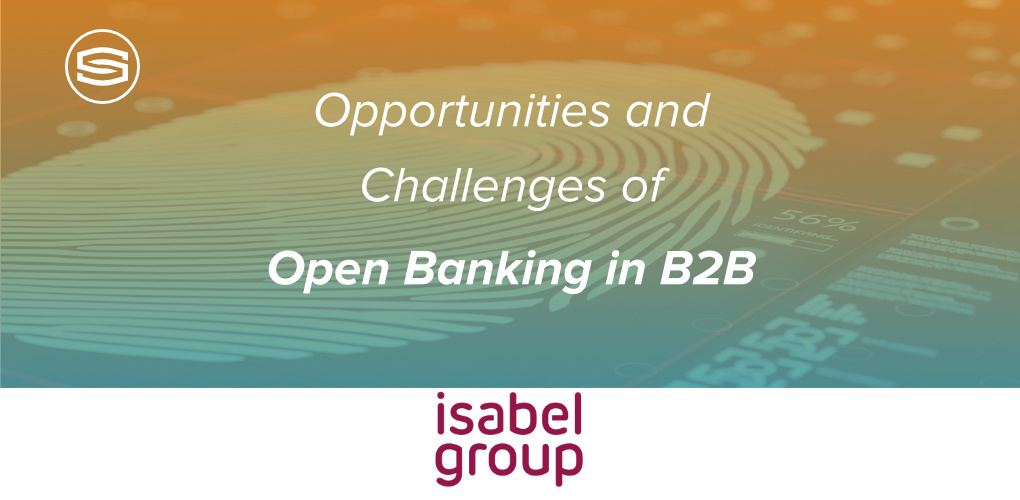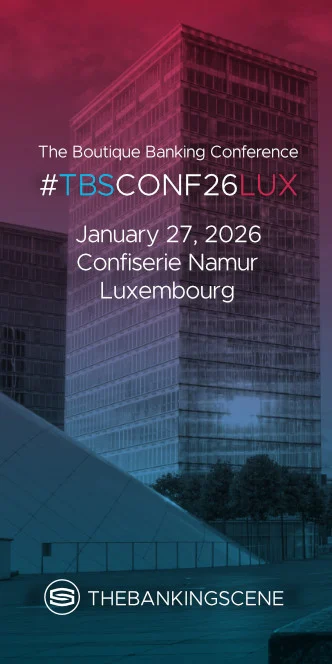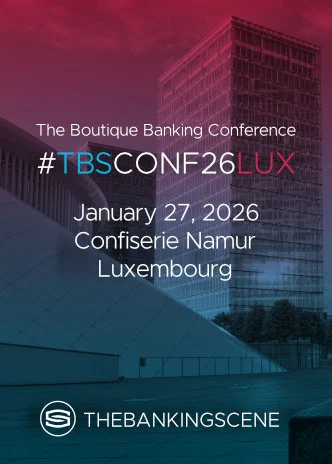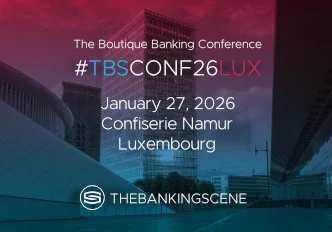
Insights & Opinions
Opportunities & challenges of open banking in business-to-business
Mon, 20 Sep 2021


Open banking in a business-to-business (B2B) setting. A very underdiscussed topic. When it comes to open banking, the focus tends to be on the consumer side, and few pay enough attention to the corporate side.
So two years after the Regulatory Technical Standards (RTS) ran into force, we decided to delve into a different perspective. Not only did we bring together a bank and a FinTech, but also the Netherlands and Belgium in a session kindly sponsored by Isabel Group.
Marc Lainez currently leads the Ibanity team within the Belgian FinTech Isabel Group. Koen Adolfs is the Lead Product Owner of Open Banking and Enterprise Integration Technology at Dutch bank ABN AMRO. We invited them to talk about the state of open banking, particularly in a B2B setting, its challenges, opportunities and the way forward.
The state of RTS two years after implementation
After two years of open banking, banks are making progress in being compliant. The idea of open banking has also triggered an evident mindset change across banks to ensure that products are built in favour of customers.
But things are not moving fast enough despite ongoing talk about open banking and PSD2. This stunted pace stems from a lack of industry-wide support and action and a mismatch of incentives on the market today. Corporate understanding of what open banking is also remains vague because of insufficient use cases available.
Marc: "Critical mass in terms of what is available at the banks is a real issue today. Even if one or two banks are the best at delivering a specific feature, a FinTech can't use it with their customers because, if this features lacks support across banks, then it has very little value."
The Netherlands initially lagged behind in implementing regulation, but today, they do a good job in terms of open banking compared to many other countries. Open banking adoption in the Netherlands evolved much swifter than in Belgium, for example, because of its emphasis on education.
When PSD2 discussions started at the beginning of 2014, it was all about how to share data. Technical guidelines about how to open up payments, set up security, and what interfaces should look like were either unavailable or too technical.
As Koen points out: "What I see in not only the Netherlands but throughout Europe, is that it has been very challenging to get to a standard and common understanding of what regulation is and how to implement it." In comparison, the UK evolved banks, FinTechs and regulators together.
Although ABN AMRO Bank pushed out good first versions of developer portals with API gateways in place and hackathons on top, much repairing needs to be done due to Europe's bottom-up approach in implementing the RTS.
Turn the focus
Does open banking focus too much on the consumer side and not enough on corporates? Can this be easily overcome?
Marc: "It's clear that the European Directive was not written with B2B use cases in mind. For example, the 90-days SCA process is painful for most B2B use cases. It's the reason why a lot of companies still rely on existing file formats like SWIFT or CODA in Belgium."
Whilst the RTS 90-days SCA makes sense for consumers, renewing authorizations for 5-6-7 banks or hundreds of accounts are a cumbersome and complex process for corporates.
Other aspects of the RTS also prevent B2B use cases from being implemented on top of PSD2. Unless these issues are addressed, it's almost impossible to build valid and convenient use cases for B2B.
Are corporates failing to sufficiently enjoy new opportunities from open banking?
The first and most fundamental problem SMEs want to solve is invoice reconciliation. Marc: "Almost 95% of the companies that are customers in our open banking products do payment reconciliation."
With sufficient data quality, the current state of open banking can help in this regard. Looking at PSD2 itself in some banks, there is undeniably an issue with data quality. Unless more banks are open to fixing these issues, there will be a big problem in developing valuable use cases.
In a procure-to-pay process, the focus is more on working together with open banking and providing more ways to pay for invoices. Reconciliation errors, mostly from manually inputting information, is the most prevalent concern and having an easier link between payments and invoices will alleviate this risk. On this front, open banking is already helping.
The products space is getting broader as banks steadily offer and develop more APIs explicitly aimed at corporates. Koen: "We offer commercial APIs for business accounts aimed at large corporates to make use of the new capabilities of APIs and built products on that."
Open banking is a field of opportunity for corporate banks in its beginning stages. Despite the expanding variety of products, customers and corporates are unused to the idea that banks offer such new products to automate their processes using those building blocks.
There are exceptions, though. Koen mentioned a leading car dealer in the Netherlands as a use case. They use ABN AMRO Bank APIs to automate end-to-end processes for customers, including all kinds of data and processes. They're one of the few companies that succeeded in creating a good vision and approach.
The industry needs to rise, connect and find each other to create awareness to lift open banking to another level, also in a B2B context!
Marc: "To me, a priority is to make sure we have the basics right. Fixing the basics means removing confusion for the end customer, be it a company or be it a consumer, because that is what will build more trust around open banking for all the actors at play."
Finding a win-win scenario for all parties involved is another goal moving forward. Whilst FinTechs are dependent on the bank's willingness to improve their APIs, it's also essential to understand how difficult it is for banks to build good technology.
Koen: "From the bank perspective, I see a lot of corporates that are not yet ready to consume APIs. The current most successful European FinTechs are in a position of aggregating and building use cases to help banks in their approaches."
By sharing valuable learnings, both banks and FinTechs can learn how to improve in the next steps.
Conclusion
This session was an eye-opener to my surprise. We discussed open banking many times, but not this way. It was a great topic, and again, I'm surprised by how long we can keep talking about open banking. I also think this discussion is far from over. It needs a follow-up because there are so many opportunities that people haven't even begun to tap into.



